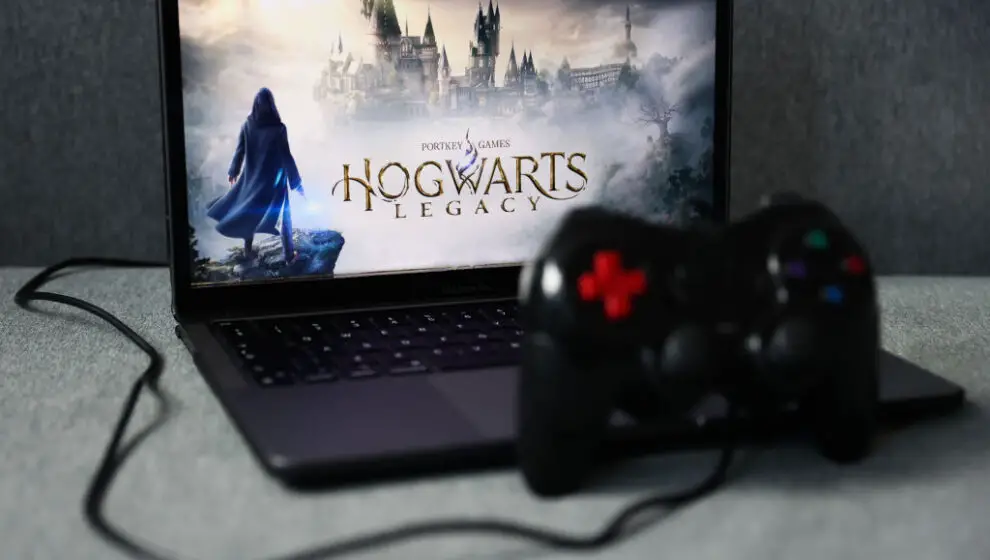A massive boycotting attempt made against one of the largest video-game releases this year drew very different results than current consumer boycotts.
Key Details
- On February 10, Warner Bros. Games released Hogwarts Legacy, a role-playing video game based on the critically and financially successful Harry Potter franchise.
- The game drew criticism from online transgender activists, who argued that its association with author J.K. Rowling meant it was a “genocide simulator” that paid licensing fees to a noted “transphobe.”
- Video-game streamers who played the game publicly were denounced, with a website being set up that helps Twitch viewers avoid content creators who have publicly played the game. Some game critics were even afraid to discuss the game publicly.
- The boycott unintentionally backfired—bringing more attention to an already popular game from a beloved media franchise, Fortune reports.
- As of May, Hogwarts Legacy has sold 15 million copies and grossed $1 billion globally. The game even broke the record for the highest number of concurrent livestream viewers at one time on Twitch—1.2 million.
Why It’s Important
The Hogwarts Legacy boycott has not been the only significant consumer boycott called this year, let alone the only one called over the issue of transgender politics. On April 1, transgender social influencer Dylan Mulvaney released an Instagram post as part of a promotion with Bud Light. Two weeks later, sales of the beer precipitously dropped as conservatives boycotted the brand after a video of a marketing executive said that her goal was to shift the company’s target demographic from “fratty” customers to young progressives.
Bud Light has suffered a 30.3% year-over-year sales drop in the time since. Target is also facing a similar consumer boycott over transgender issues. Bud Light attempted to back away from the promotional campaign to avoid being “divisive,” drawing negative attention from LGBTQ+ activists who called it a betrayal.
The success of the Bud Light and Target boycotts raises questions about why these particular attempts were successful at attaining multibillion-dollar stock devaluations and drawing acknowledgments from marketing experts over these failures.
Marketing experts are watching these boycott attempts play out, and it is possible that successful anti-transgender boycotts could thwart external pressures to embrace diversity, equity, and inclusion initiatives in favor of the bottom line. Activists fear this would negatively impact the inclusion and depiction of transgender characters in media.
Backing Up A Bit
Harry Potter creator J.K. Rowling has taken on a new reputation in recent years due to a series of blog posts and tweets in which she has publicly condemned transgender activists and ideas. These comments have earned her the title of a “trans-exclusionary-radical-feminist,” despite her public statements that she does not dislike trans people and wants to defend women’s lives and body autonomy. She also praised DailyWire producer Matt Walsh’s documentary What Is A Woman?
Despite her having limited creative control over the final product and the game developers publicly distancing themselves from her political ideas, the game itself was highly scrutinized by transgender activists. “It’s really important for decent people to boycott Hogwarts Legacy. I have a lot of friends in games media, but I will be cutting ties to anyone who promotes this,” says activist and game developer Brianna Wu.
Not all online transgender activists and content creators agreed with the boycott. Pro-LGBTQ+ Engadget critic Jessica Conditt called the game “the RPG that Harry Potter fans have been waiting for” while publicly lamenting that she was nervous to admit her opinions without fear of public backlash.
